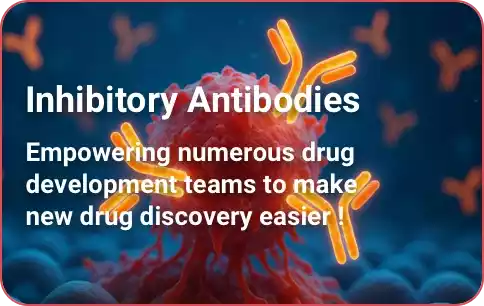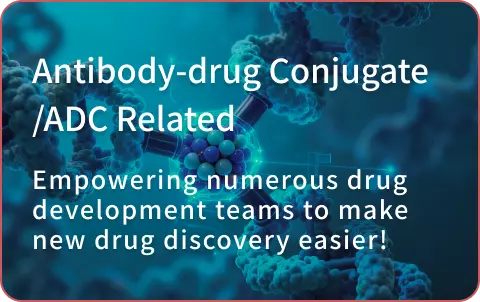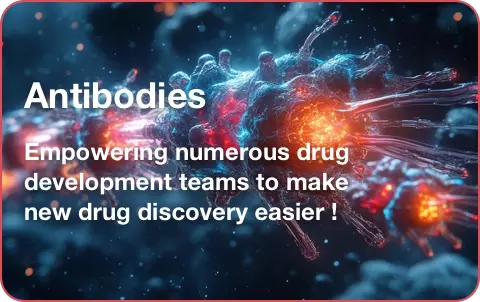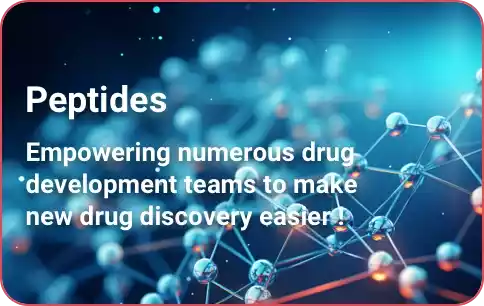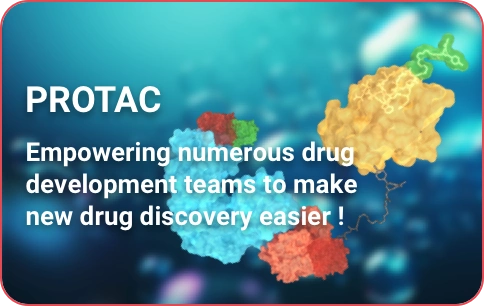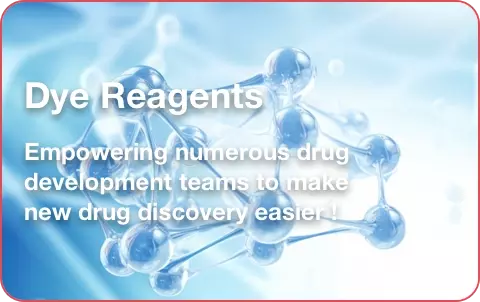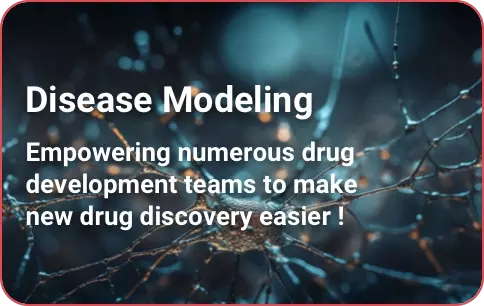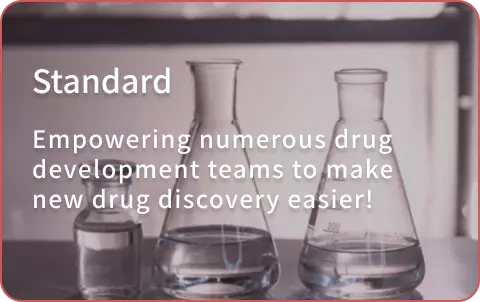 Your shopping cart is currently empty
Your shopping cart is currently empty
p62
p62 (SQSTM1) is a multifunctional protein involved in numerous cellular processes, including autophagy, signal transduction, and protein degradation. Within cells, p62 forms multimeric complexes, interacting with diverse proteins through its multiple functional domains. p62 plays a crucial role in autophagy by recognising and binding ubiquitinated protein aggregates, targeting them for degradation within autophagosomes. Furthermore, p62 participates in regulating the Nrf2 signalling pathway by interacting with Keap1 to activate Nrf2's transcriptional activity, thereby modulating the expression of antioxidant genes. Abnormal accumulation of p62 is associated with various diseases, including neurodegenerative disorders and cancer.
- $33
- $50
- $195
- $30
- $37
- $100
- $32
- $149
- $31
- $29
- $38
- $100
- Inquiry Price
- $95
- $2,120
- Inquiry Price
- Inquiry Price
- $620
- $3,320
- $1,520
| Size | Quantity | Unit Price | Amount | Operation |
|---|

Copyright © 2015-2026 TargetMol Chemicals Inc. All Rights Reserved.







